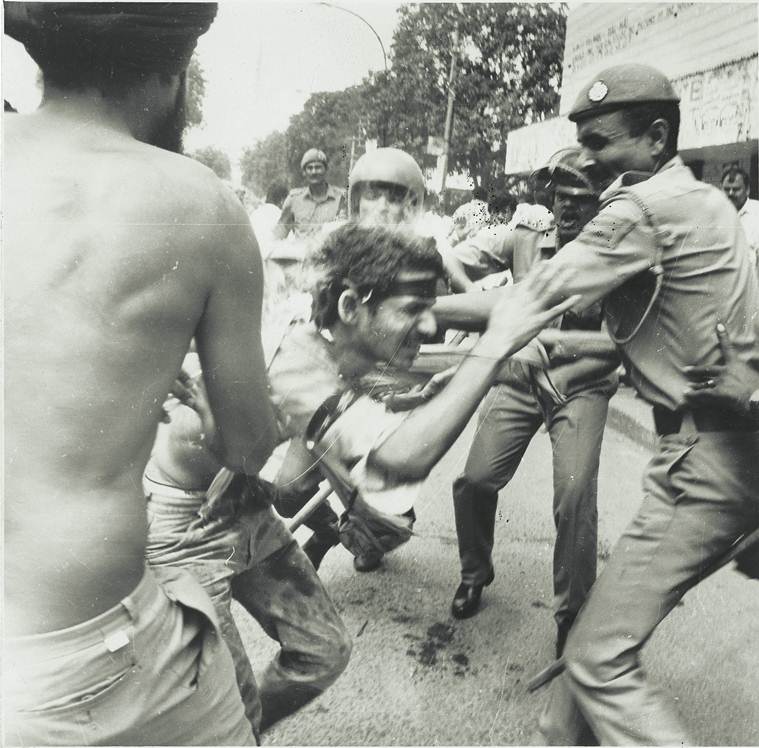Written by P.S. KRISHNAN |New Delhi |Updated: January 9, 2019 10:15:56 am
Quota for poor: Constitutional and social issues, implications
Justice Jeevan Reddy in the Mandal judgment held that “a backward class cannot be determined only and exclusively with reference to economic criterion. It may be a consideration or basis along with and in addition to social backwardness, but it can never be the sole criterion...”

The decision of the Union Cabinet to provide reservation of 10% for “economically weaker sections of the people who are not covered by any of the existing schemes of reservation” and to bring in amendments to Articles 15 and 16 for this purpose has to be examined from the point of view of social realities and Constitutional provisions.
The social reality
It is a fact that there are poor individuals even among the Socially Advanced Castes (SACs), i.e., the non-Scheduled Castes (SCs), non-Scheduled Tribes (STs) and non-Socially and Educationally Backward Castes (SEdBCs). They too do need help. The issue is what is the specific problem they face, and what is the appropriate Constitutionally sustainable solution for it.
Provisions of the Constitution
The relevant Constitutional provisions stand on two legs, which are mutually supportive. On the one hand, there is the principle of Equality, which prohibits the State from discrimination against any citizen on grounds only of religion, race, caste, sex, place of birth or any of them under Article 15(1), and guarantees “equality of opportunity for all citizens in matters relating to employment or appointment to any office under the State” under Article 16(1), in addition to prohibition against discrimination against any citizen on the same grounds as in Article 15(1), specifically with respect to employment or appointment under the State.
The other leg is the special provisions, which under Article 15(4) empowers the State to “make any provision for the advancement of any socially and educationally backward classes of citizens or for the Scheduled Castes and Scheduled Tribes”, and under Article 16(4) provides “for the reservation of appointments or posts in favour of any backward class of citizens, which in the opinion of the State, is not adequately represented in the services under the State”.






































No hay comentarios:
Publicar un comentario